Exact Answer: 2 weeks
Miscarriage is when the fetus or the embryo dies before the completion of 20 weeks of pregnancy. The most common time of miscarriage is before the completion of the first 3 months of pregnancy.
Miscarriage is also known as a “spontaneous abortion.” Miscarriages do not happen because of daily activities like walking or even due to minor injuries.
The main causes of miscarriage could be illnesses like diabetes, infections, some major injury, or abnormalities of the uterus. There is bleeding due to the miscarriage which could last up to a week and even more if the miscarriage takes place in the later period of the pregnancy.
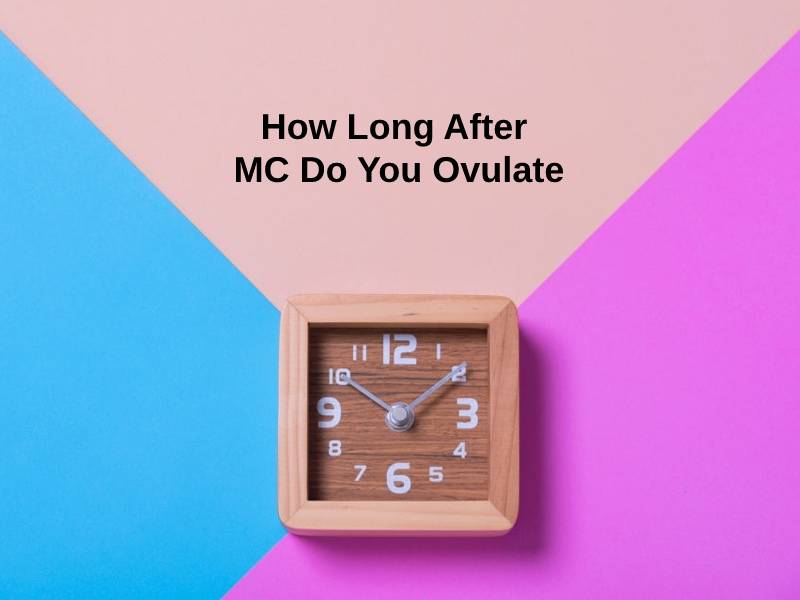
How Long After MC Do You Ovulate?
Ovulation is the process where the egg is released by the ovary and moves down to the fallopian tube to be fertilized. There, if the fallopian tube contains sperm, the egg would be fertilized and would gradually turn into an embryo and eventually, a baby. However, if the egg is not fertilized, then it would get out of the body in the next menstrual cycle.
After a miscarriage, there is bleeding which lasts for about one week. However, there could be a long time of bleeding if the miscarriage takes place in the later stage of the pregnancy. After about two weeks, there could be signs of ovulation in the body.
With the ending of the bleeding and hormone levels returning to normal, the menstrual cycle returns to normal, too. If a person wants to conceive again after a miscarriage, it is recommended that they wait until 6 months after to do so for the person to not suffer from maternal anemia or preterm birth.
As the ovulation can start after 2 weeks of miscarriage, the first menstrual cycle is most expected after 4-5 weeks after miscarriage. As the hormones would return to normal, there would be a time when the menstrual cycle would also go back to being stable and healthy.
The signs that the person is ovulating could be a change in discharge, the cervix opens up, slight cramps, the fall in basal body temperature as the egg is released, etc. There are many ways to know that the person is ovulating which can include tests known as ovulation predictor kit.

| Process | Time Taken After Miscarriage |
| Ovulation | 2 Weeks |
| Menstrual Cycle | 4-5 Weeks |
Why Do You Ovulate After 2 Weeks Of Miscarriage?
A miscarriage happens in the early 3 months of pregnancy, however, there are various types of miscarriages. Mainly there are 5 kinds of miscarriages, namely, threatened miscarriage, complete, and incomplete miscarriage along with inevitable and missed miscarriage.
There is bleeding after miscarriage which would last up to one week. However, if the miscarriage takes place in the later stage of pregnancy, there could be a longer period of bleeding.
The first day of bleeding after the miscarriage would be considered the first day of the cycle. Hence, the next cycle is said to arrive after 4-5 weeks of the miscarriage.
Further, ovulation is said to start after 2 weeks of miscarriage, and there are ways to know when you are ovulating. One major sign of ovulation is the vaginal discharge starting to turn clear and wetter than usual. Moreover, there could be bloating and slight abdominal cramping along with it.

However, even though the person starts to ovulate, it should be some time after they try to conceive again. The World Health Organization recommends waiting until 6 months after the miscarriage to conceive again. The reason for this is that the person would be much more at risk of maternal anemia, and low birth weight if they conceive too soon after the miscarriage.
The rate of fertility after the miscarriage is different for everyone depending upon their body and health and could be taken up with their doctor. The body needs time to recover and hence the menstrual cycle would start after 4-5 weeks but if it is taking longer than that, the person should consult a doctor.
Conclusion
A miscarriage is when the fetus or embryo dies before the completion of the 20th week of pregnancy. Most miscarriages happen in the early 3 months of the pregnancy, and the bleeding lasts for about a week after that.
The person might get their next menstrual cycle after 4-5 weeks of the miscarriage, which means the ovulation starts after about 2 weeks. The reason for this is that the body needs time to recover and hence the next menstrual cycle would take 4-5 weeks to start.
The signs that the person is ovulating could be a change in the color and texture of vaginal discharge and slight abdominal cramping. If the person, however, does not get their next menstrual cycle even after 5 weeks, they should consult a gynecologist.

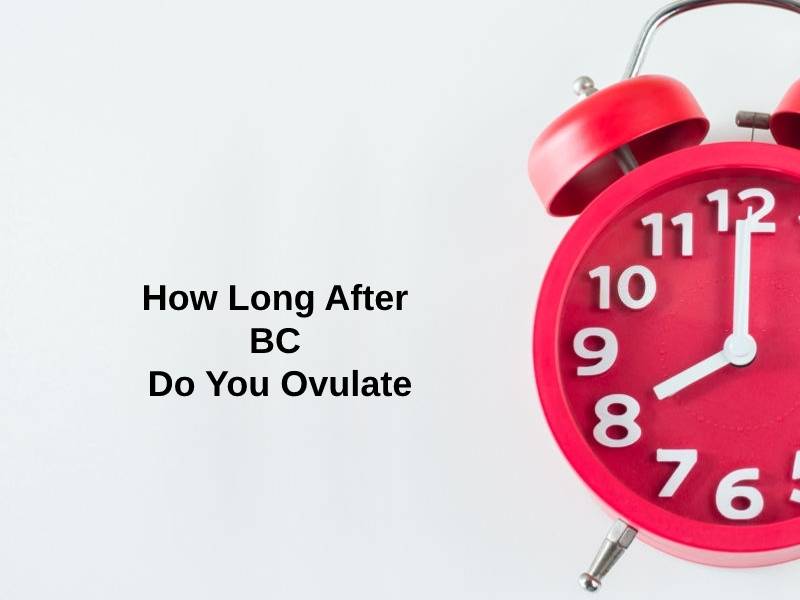
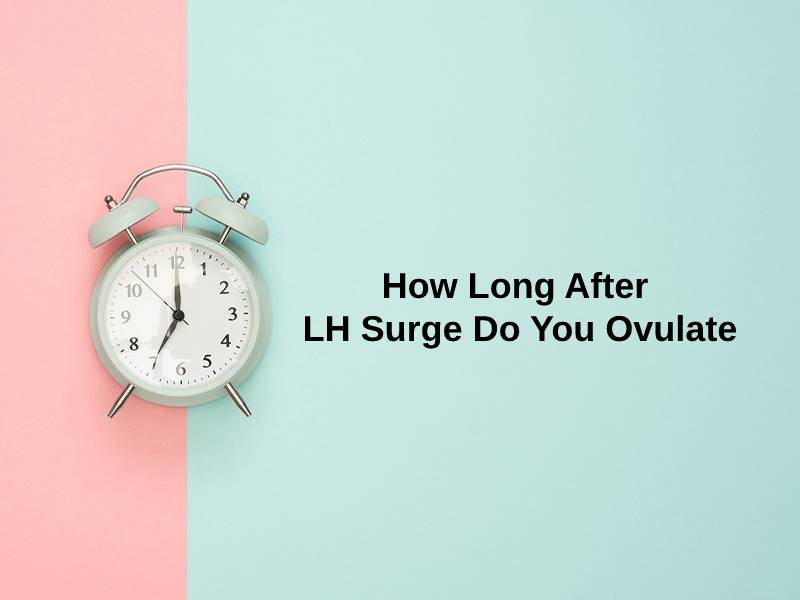
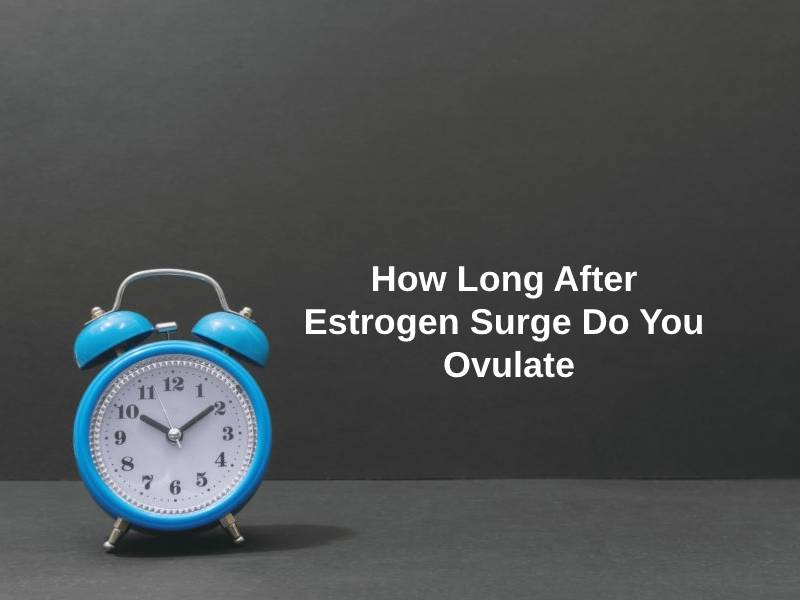
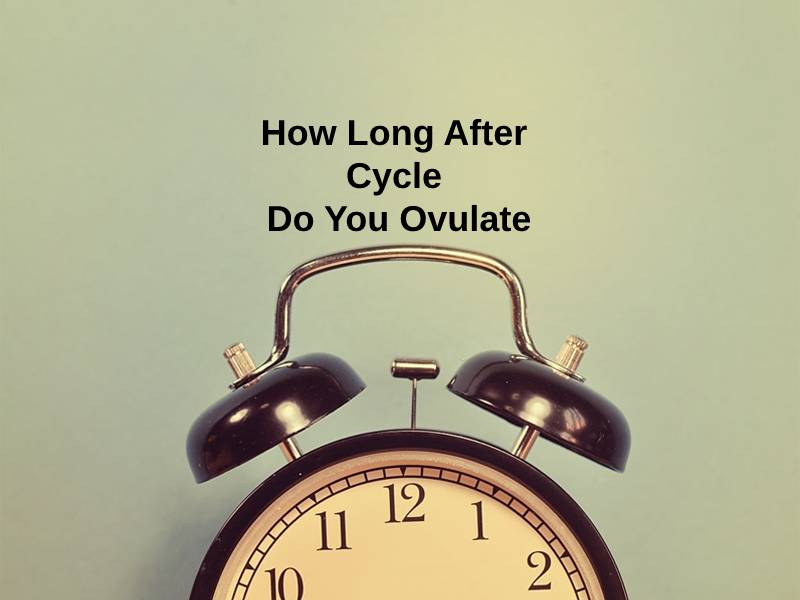
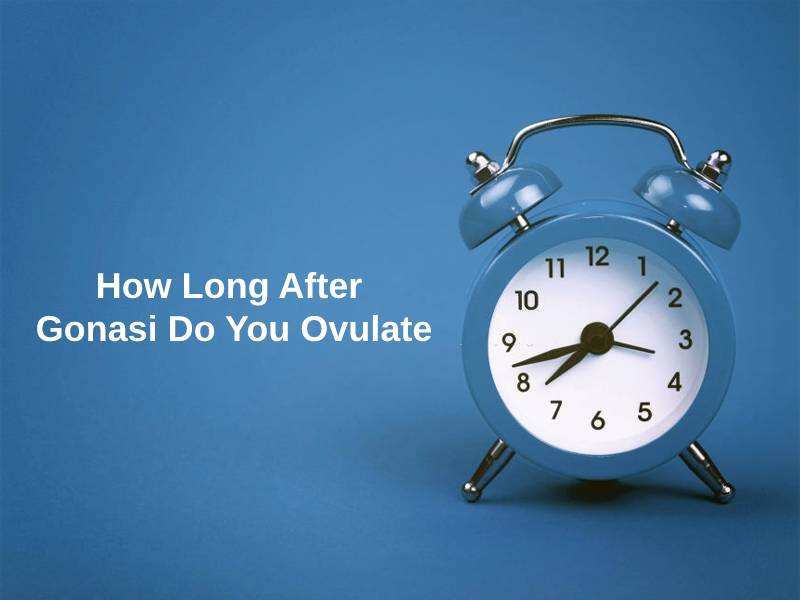
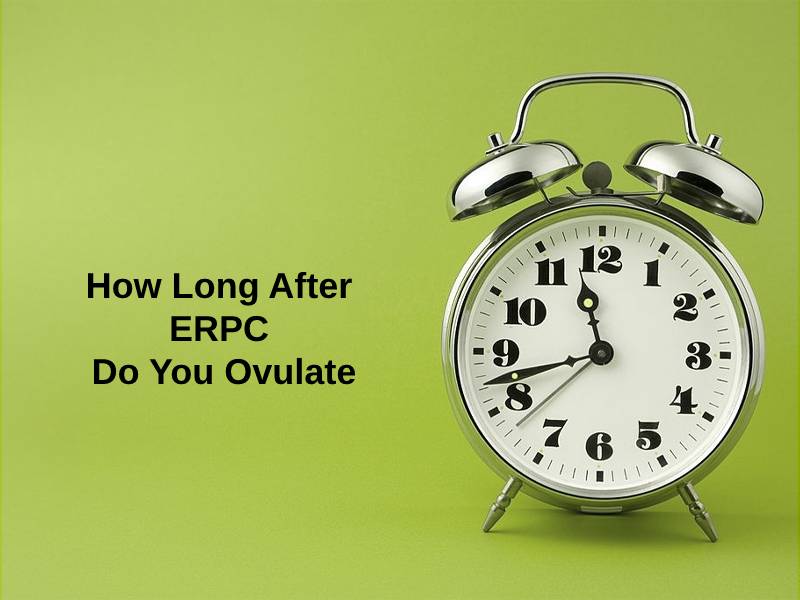
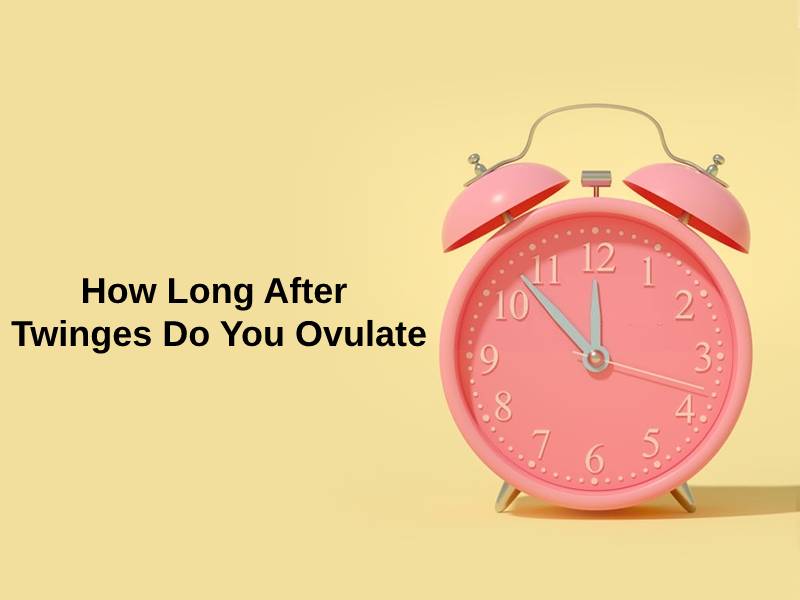
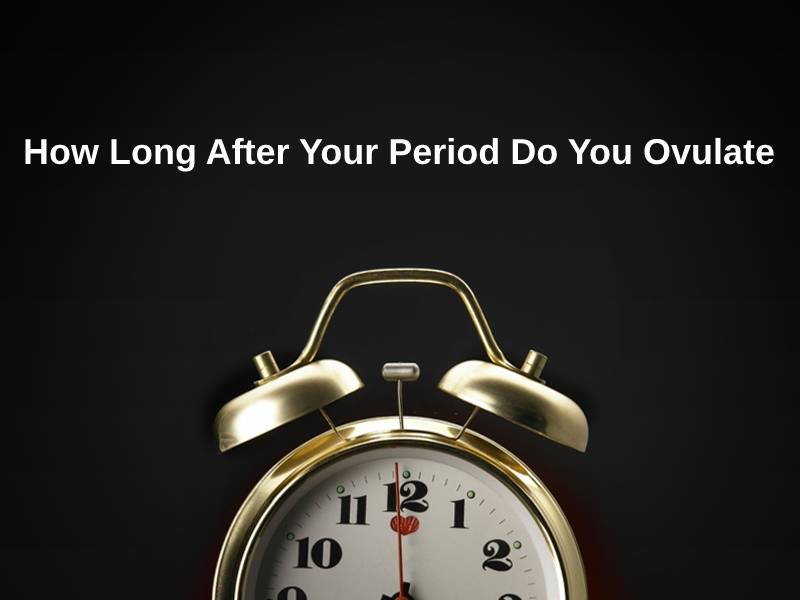
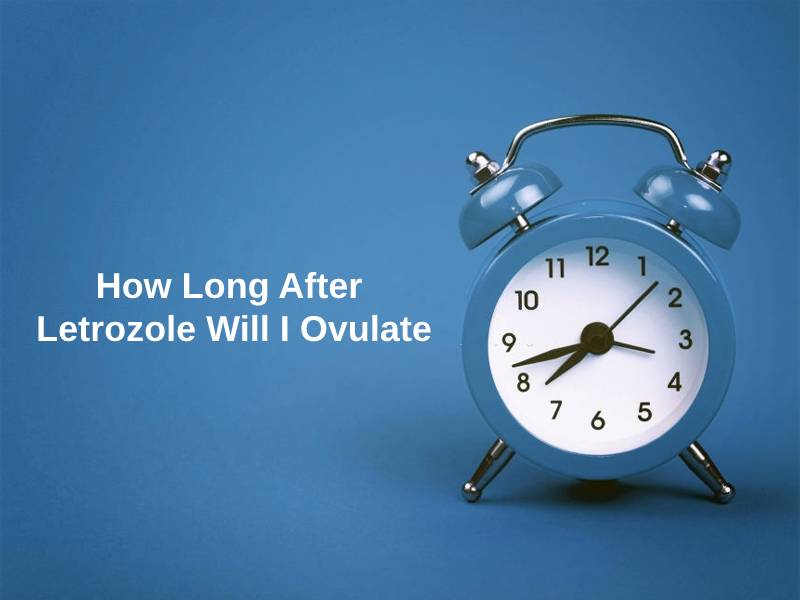
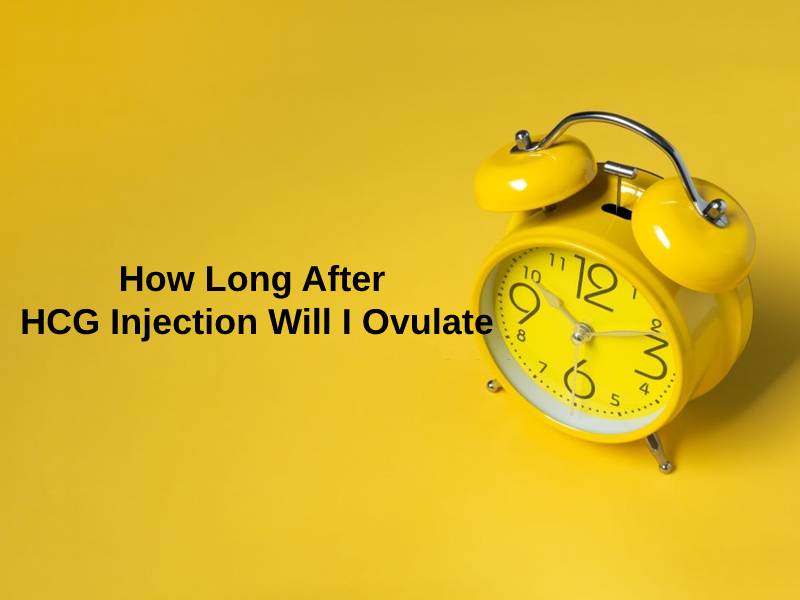
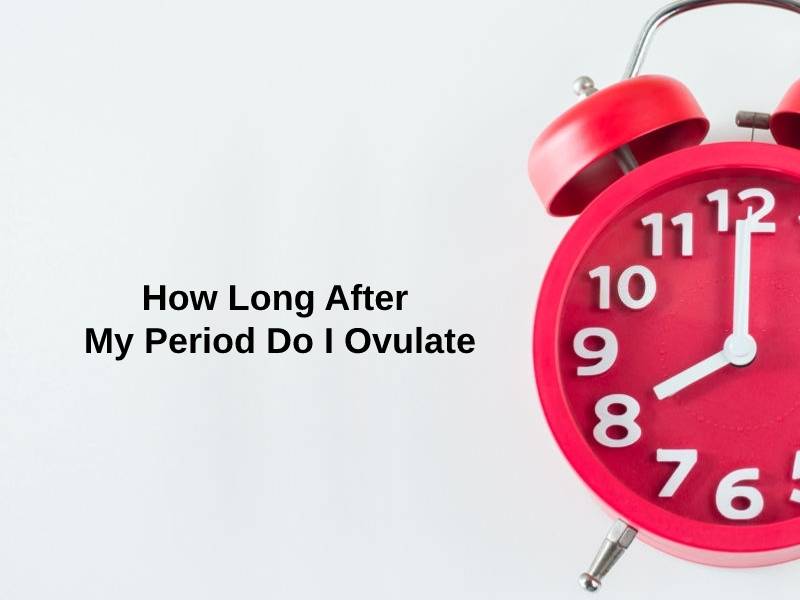
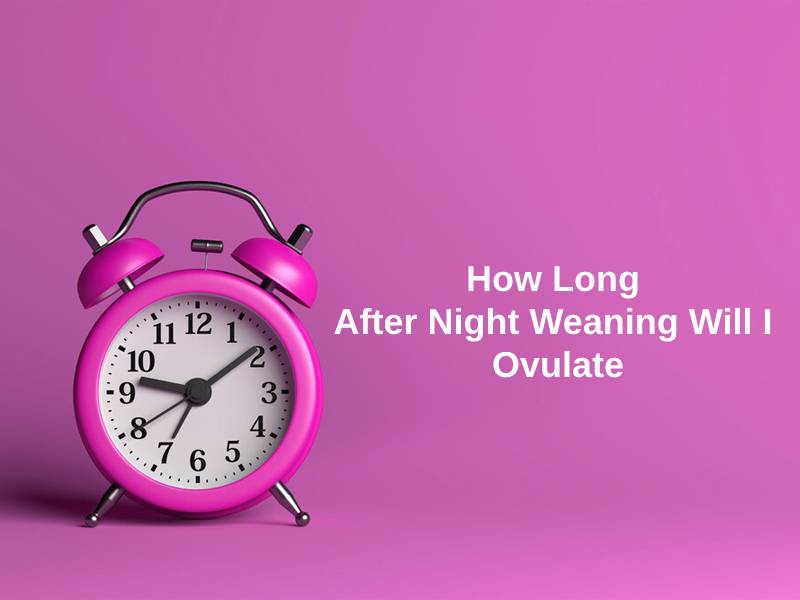
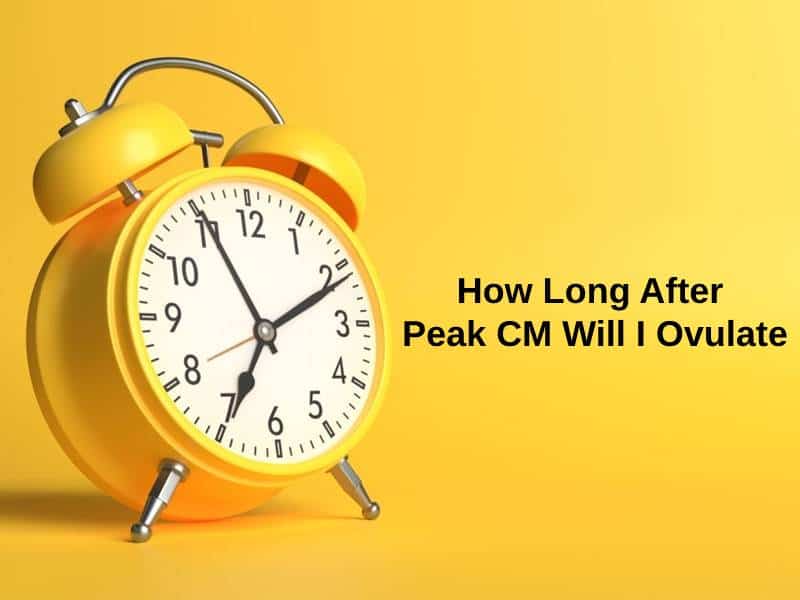
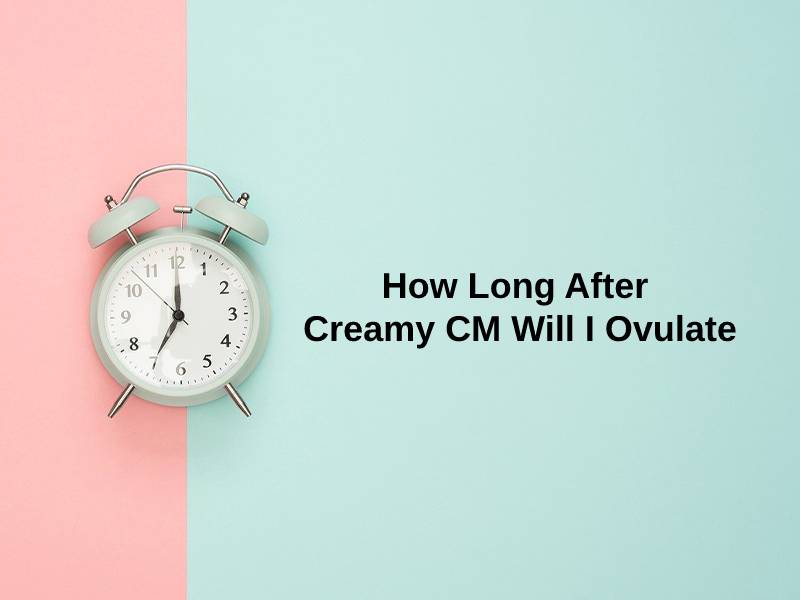
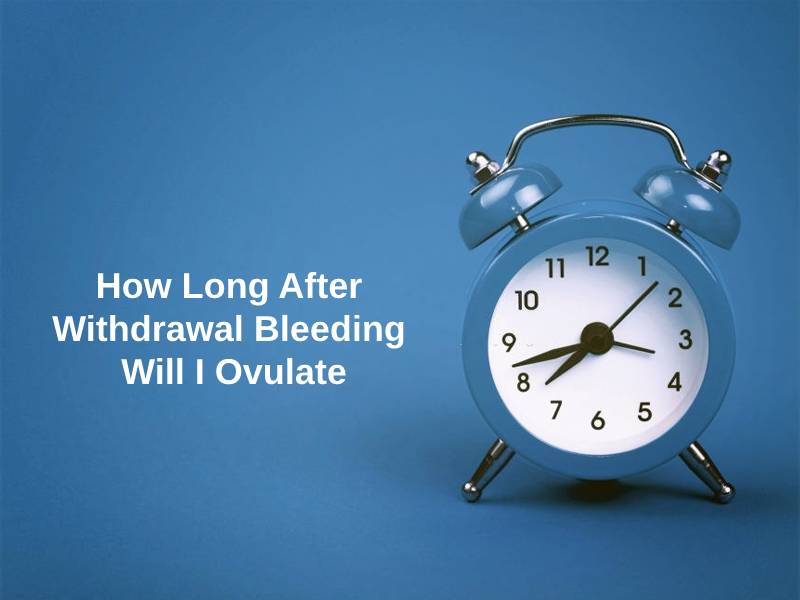
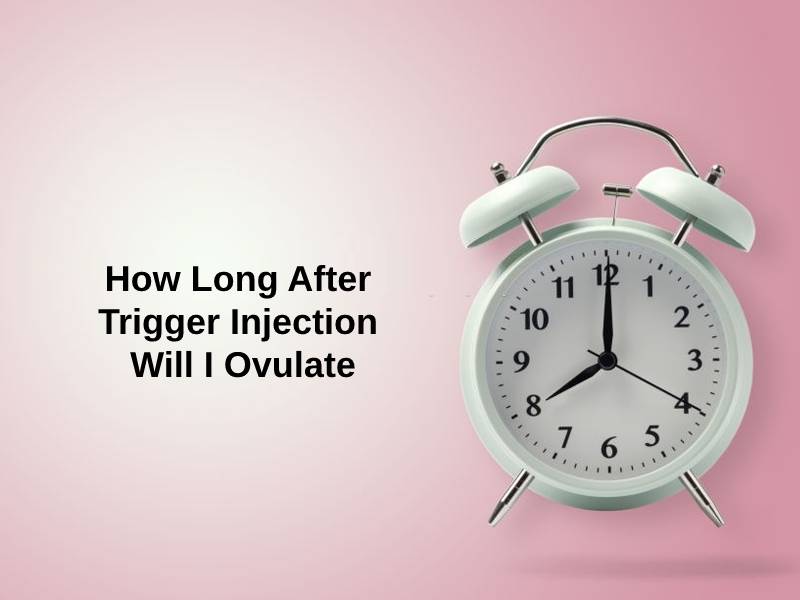
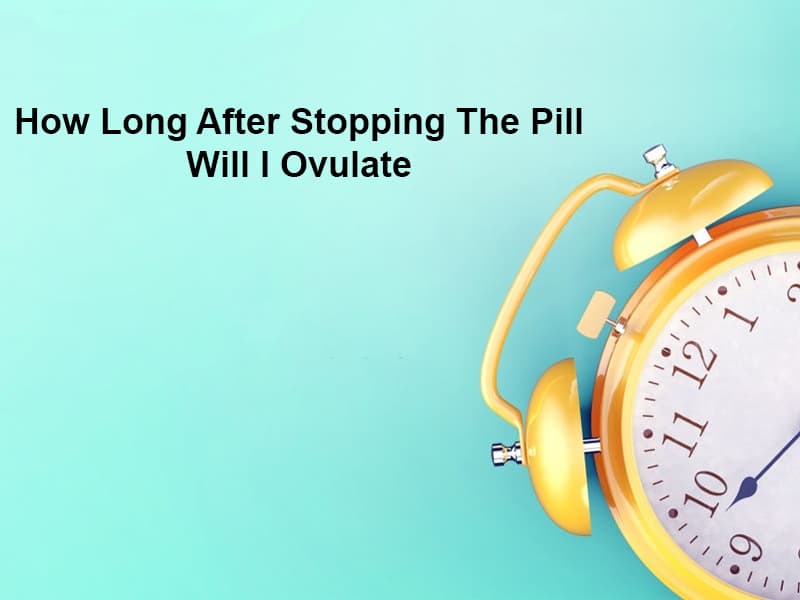
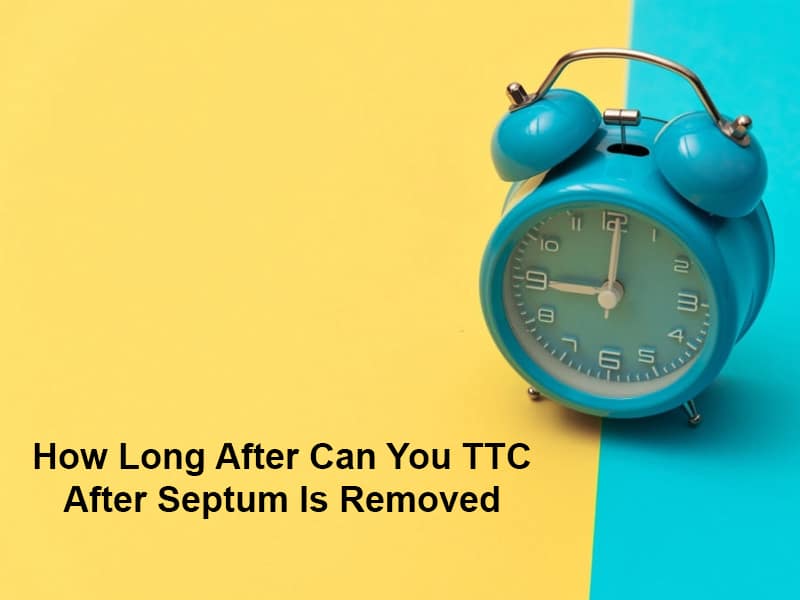

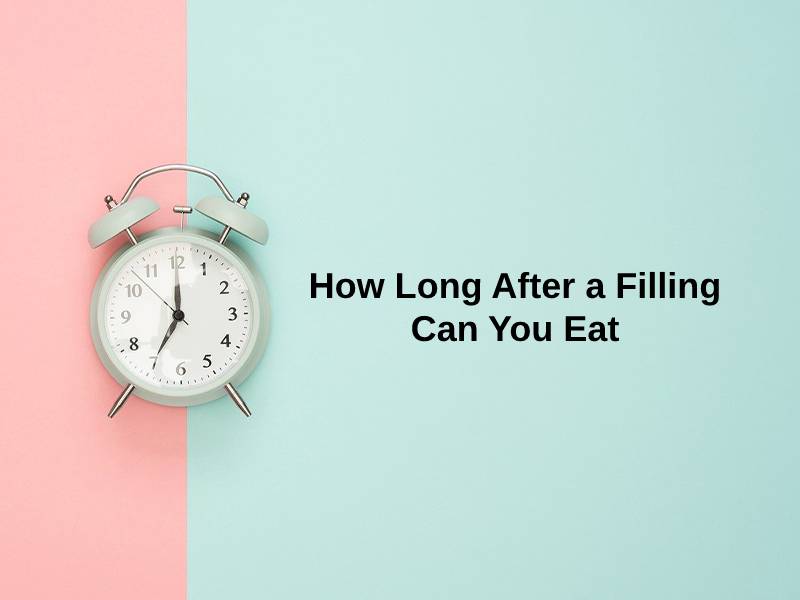
I completely disagree with the recommendation to wait 6 months before trying to conceive again. It seems too conservative considering that each person’s body is different.
The recovery process is an intriguing biological journey.
This was so helpful to understand a very difficult moment.
Thank you for sharing all these details about the body’s recovery process after suffering a miscarriage.
Yes, it’s an insightful interpretation of the body’s recovery process.
Some good information here, but it’s crucial that everyone consult their healthcare professional.
Absolutely! There’s no one-size-fits-all solution when it comes to health.
The content is incredibly well-researched and brings light to this difficult topic.
It’s definitely a heavy subject, but the information here is top-notch.
It makes you think about a topic that we usually don’t discuss.
This article is both informative and reassuring.
Agreed. It’s a carefully researched piece of information.
It’s a tough topic, but the article handles it well.
Ironic how the body manages to recover after such a difficult event.
It’s true, the body’s ability to recover is quite remarkable.
Is it safe to rely on the menstrual cycle to determine the right time to conceive after a miscarriage?
I share the same concerns. Consulting a doctor seems like the safest option.
The body is a complex system, and this article does a great job explaining the recovery process from miscarriage.
It’s definitely reassuring to understand these recovery processes for those affected.